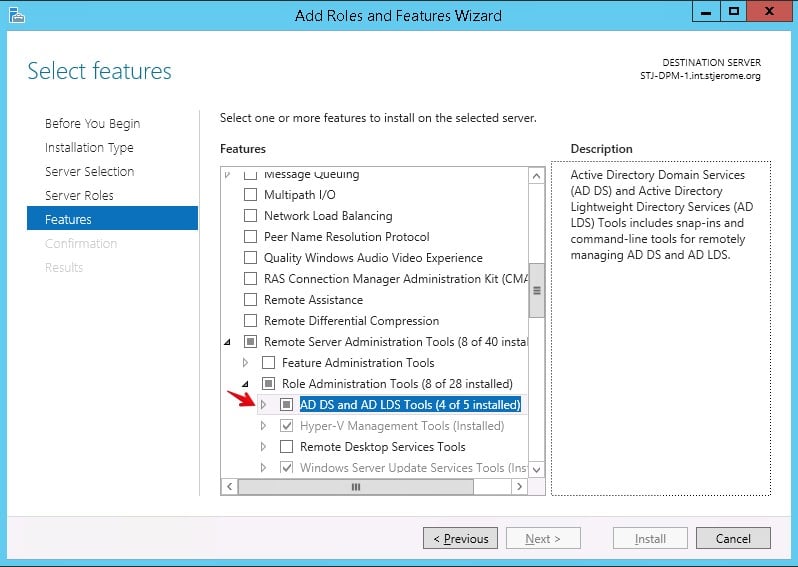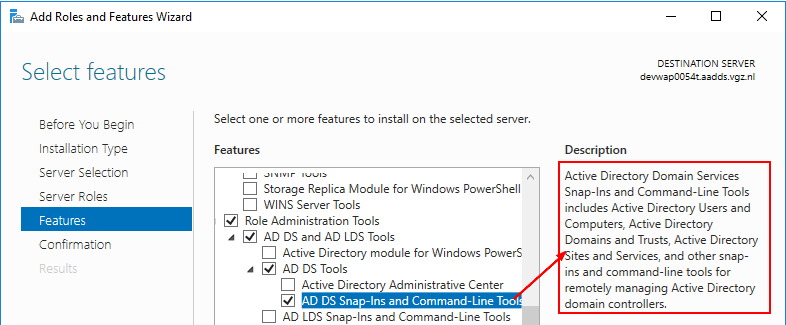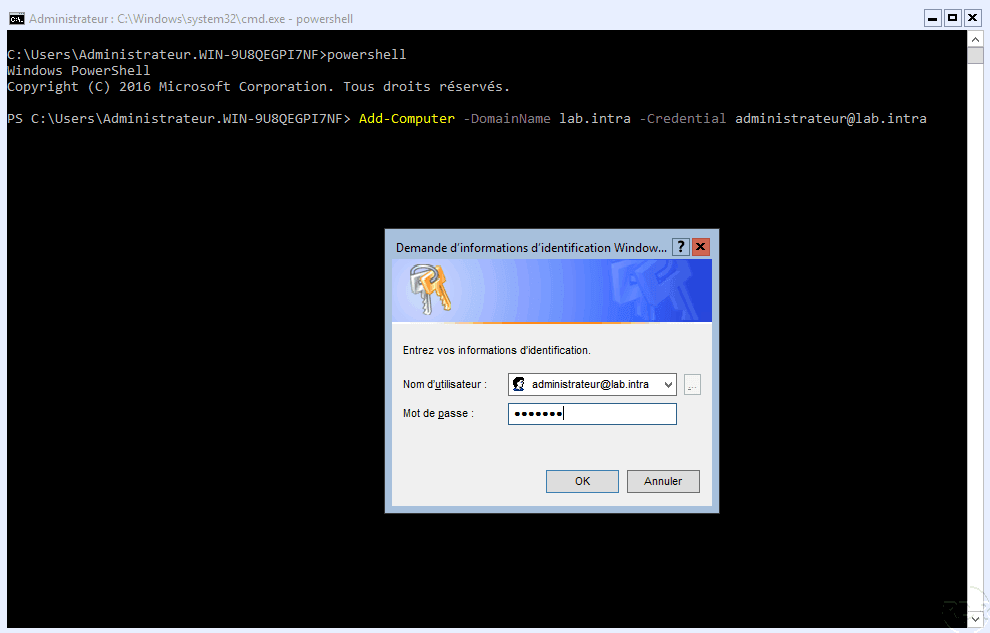
Now, a dialogue box will appear named “Add an optional feature” on your screen. So, you have to click on the plus sign named “Add a feature” to search for the RSAT tool.

As we want to install RSAT, we have to add it first. The Optional Features window has been showing up. You have to click on the option of “Optional Features” highlighted in the blue color in the presented screenshot. Now, the “Apps & Features” screen has been opened in the Home bar. Click on the “Apps” option to open settings for apps. Now the settings app has been launched, you will get many different options here. Hit on the Settings tool to exposed it quickly. Write “Settings” in this search area and it will show up in the Settings tool. Login from the Windows 10 operating system and after that, click on the left-most corner search area of the Windows desktop after login. Let’s start with the installation of the RSAT feature first.


The RSAT has several command-line utilities, PowerShell plugins, and visual snap-ins for remotely managing Windows Servers, Active Directory, as well as other Windows functions and functionalities that operate on Windows Server. You must first deploy the Remote Server Administration Tools in Microsoft windows before you can utilize the ADUC snap-in (RSAT). The ADUC snap-in is being utilized to cope with consumers, groups, machines, and Work Groups and execute common domain management activities. The ADUC is among the most important Active Directory domain management solutions (ADUC).

This post discusses how to set up and manage a fresh Active Directory deployment in a lab setting with Active Directory. Protection certifications, Single Sign-On (SSO), LDAP, and access governance are all included in AD DS. Active Directory Domain Services (AD DS) seem to be the basic Active Directory capabilities that cope with users and machines while also allowing system administrators to organize data into conceptual structures.


 0 kommentar(er)
0 kommentar(er)
